13 Greatest Open Source Chatbot Frameworks
Now the framework provides you with the best solution for developing well-structured maintainable and upgradable software it saves a lot of time by reusing generic modules and libraries to focus on other areas of applications developed using a framework that is interoperable with the market standards.
in today's world messaging has become one of the more popular methods of communication whether it's through text messages or messenger apps it's how many people prefer talking with one another because of these businesses are developing chatbots.
What is a chatbot?
It is a way that you can message and talk to as if they were more and more. Businesses are using them for online customer service to resolve issues and answer simple questions a few are even developing shopping assistance to give you recommendations when you're looking for a certain product.
Types of chatbots
- Chatbots use a certain set of rules meaning that they can only respond to specific words or commands so if you do not use the correct phrasing the chatbot may not know how to respond.
- Chatbots use artificial intelligence this means that they can understand language, and you can speak with it more conversationally as if it is a real person. These chatbots will also get smarter over time, learning from each conversation they have.
Behind this article here we will go to mention drop 13 chatbot frameworks.
Open-Source Chatbot Frameworks
1- Botpress
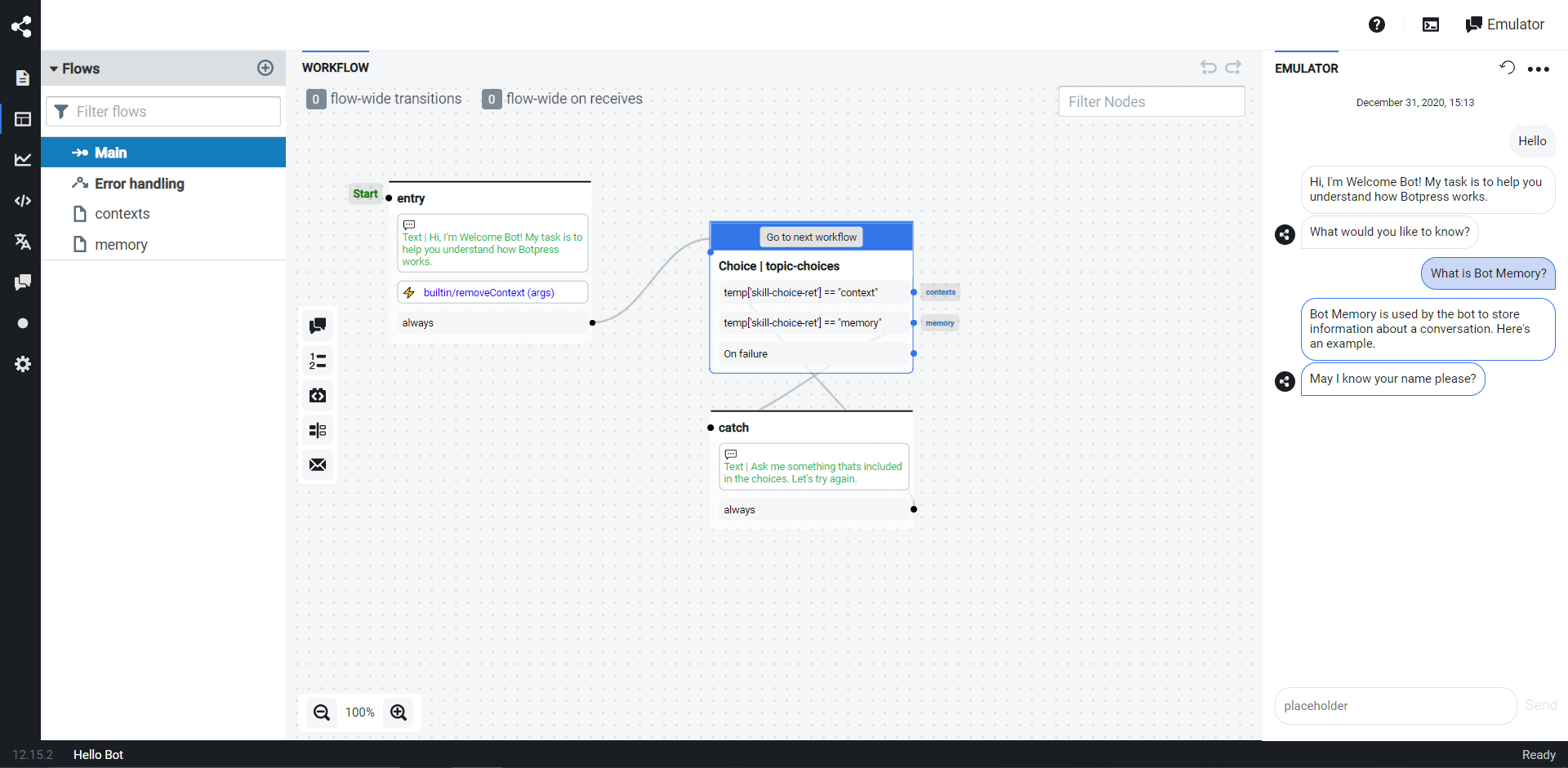
Botpress is a building block for building chatbots. It is built for developers and offers a reliable understanding of the text and automating complex conversations. Since it was released in 2015, Botpress evolved to be used by thousands of companies. It is the first choice for companies that want to build amazing chatbots.
Botpress main features include its built for speed of execution, powered by natural language understanding, it is the best solution for conversational AI, it allows you to design conversation flow and workflow automation, it has variables extraction and intention detection, support analytic, and channels Integration.
This software was mainly built for developers to build chatbots. It is written in TypeScript and works on Linux, Windows, macOS. Botpress is licensed under AGPLv3.
You can access Botpress source code from GitHub.
2- RASA
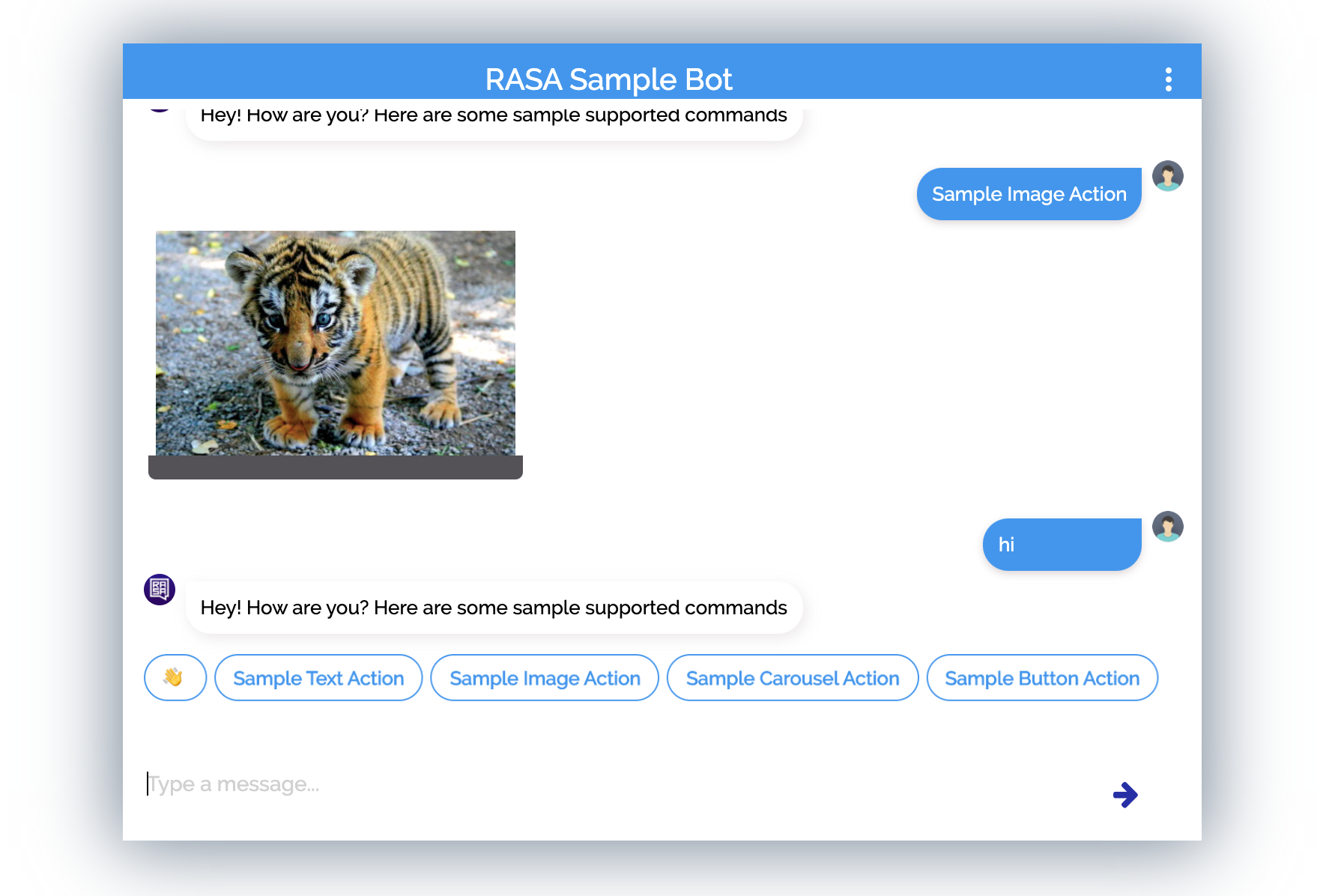
RASA is a conversational AI framework. It is built for personalized conversations at scale. It is a framework that helps enterprises to improve customer experience, dialogue management, and integrations.
RASA features include its Extract meaning from messages, hold complex conversations, interactive learning, connect to commonly-used messaging channels, integrate API calls, leverage conversation-driven development, version and manage models, and you can deploy anywhere.
This software was mainly built for building mission-critical AI assistants. It is written in Python, and you can build contextual assistants on Facebook messenger, slack, google hangouts, Webex teams, Microsoft bot framework, Telegram, Twilio, Rocket.chat.
RASA is licensed under Apache-2.0 License.
You can access RASA source code from GitHub.
3- Botkit
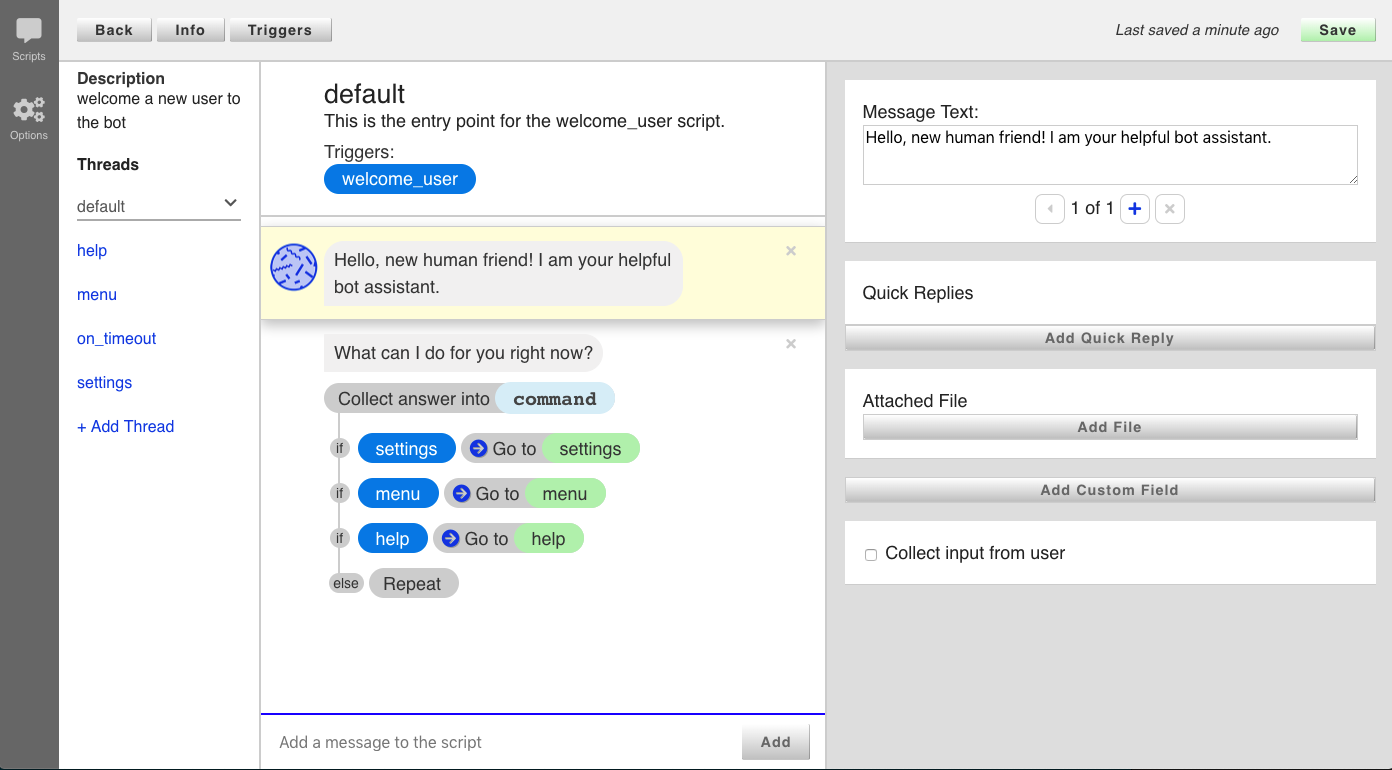
Botkit is an open-source developer tool for building chatbots, apps, and custom integrations for major messaging platforms.
The code is tested by 10,000's bots right now. It has a Visual conversation builder, Integrated NLP from LUIS.ai, and has dozens of plugins.
This software mainly has powerful Open Source libraries. It is written in TypeScript, Javascript, and works on Linux, Windows, macOS. Botkit is released under the MIT Open Source license and it is part of the Microsoft Bot Framework.
You can access Botkit source code from GitHub.
4- OpenDialog

OpenDialog is a smarter conversational application that started in 2018. It has a special design; it has a ground-breaking design, smart, pro-active conversation engine, Flexible, and it is an open-source platform.
OpenDialog's main features include its ability to perform real-time STT processes, low memory usage (Less than 64MB for 20000 words), ability to produce N-best/Word-graph output, ability to work as a server unit, and more.
With this software, you can build your first conversational application in an easy way without having any experience in any coding language.
We can say that OpenDialog is a no-code platform. It is written in PHP and works on Linux, Windows, macOS.
OpenDialog is licensed under the Apache License, Version 2.0.
You can access OpenDialog source code from GitHub.
5- Tock
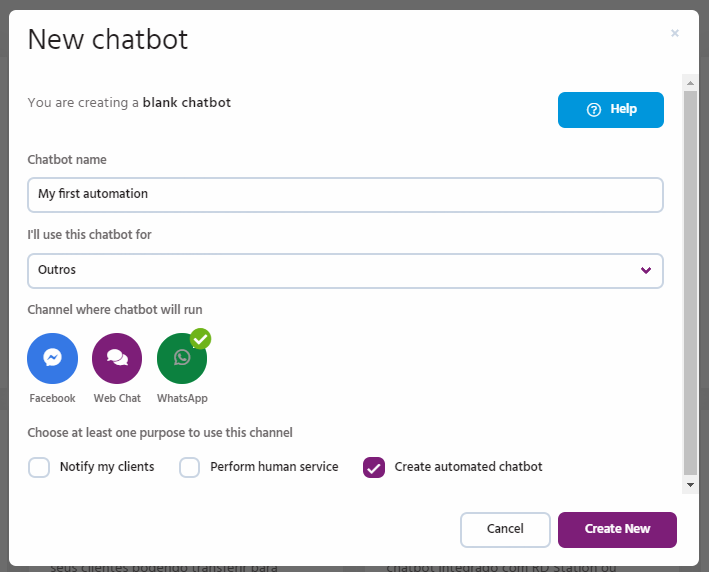
Tock another open conversational AI platform. It is a complete solution to build conversational agents aka bots. Also, it is not supporting or depending on 3rd-party API.
Tock features include its ability to build stories and analytics, it has conversational DSL for Kotlin, Nodejs, Python, and REST API, and it can connect for numerous text/voice channels: Messenger, WhatsApp, Google Assistant, Alexa, Twitter, and more.
This software provided toolkits for custom Web/Mobile integration with React and Flutter. OpenDialog is a no-code platform. You can deploy it anywhere in the cloud or on-premise with Docker. It is written in Kotlin.
Tock licensed under the Apache License, Version 2.0.
You can access Tock source code from GitHub.
6- Botfront
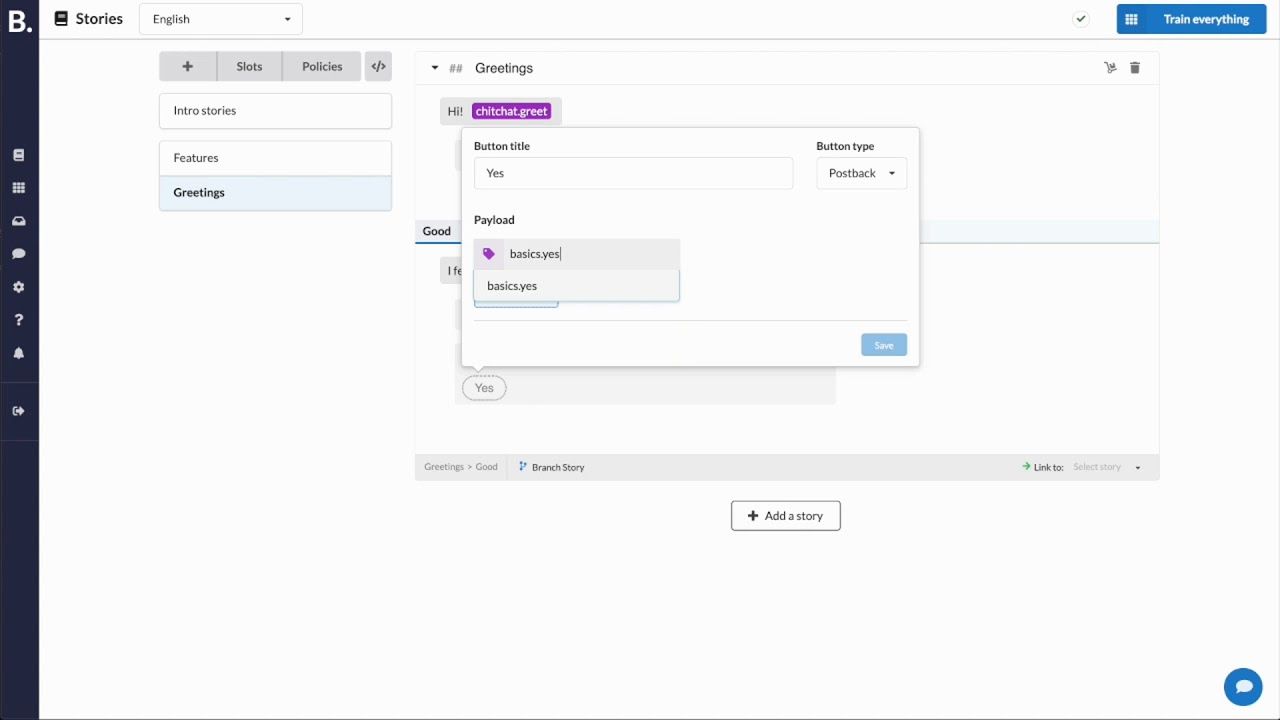
Botfront is an open-source conversational platform built with Rasa. Botfront exposes all Rasa functionalities and abstracts their complexity. It has a flowchart no-code editor for forms, it can integrate with Git.
Botfront features the ability to create automated tests in one click from conversations, it comes with a complete NLU toolbox and can produce N-best/Word-graph output, work as a server unit and a lot more.
Botfront is written in JavaScript and works on Linux, Windows, macOS. It is licensed under the Apache License, Version 2.0.
You can access Botfront source code from GitHub.
7- Botonic
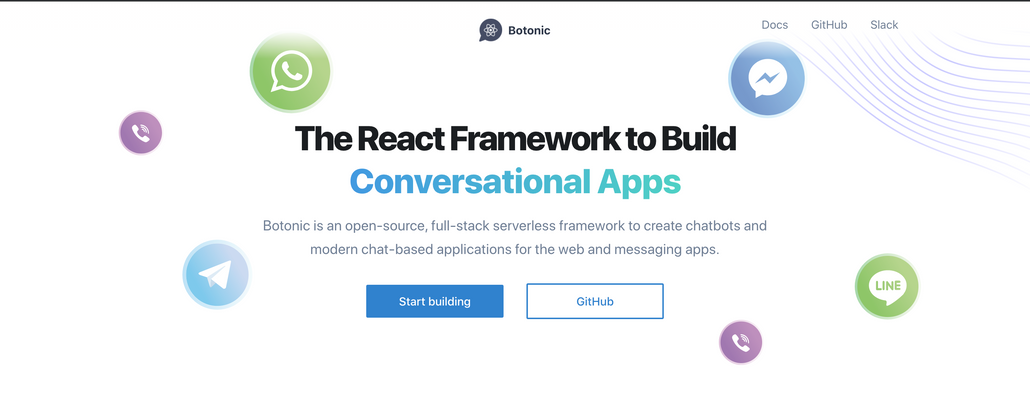
Botonic is a react framework to build a conversational app. It is more than creating simple text-based chatbots. It is built for developers and offers a full-stack serverless framework. It allows the developer to build chatbots and conversational experiences using React.
Botonic features include a battery of plugins so you can easily integrate popular services into your project.
Botonic is written in TypeScript and JavaScript. It is built on top of ⚛️ React, ⚡ Serverless, 💡 Tensorflow. Botonic works on Linux, Windows, and macOS.
Botpress is licensed under MIT License.
You can access Botonic source code from GitHub.
8- Claudia Bot Builder

Claudia is a bot builder framework that helps developers to create and deploy their chatbots.
Claudia simplifies the messaging workflows, automatically sets up the correct webhooks, and you can handle it efficiently.
Claudia supports platforms like Facebook Messenger, Slack (channel slash commands and apps with slash commands), Skype, Viber, Telegram, Twilio (messaging service), Amazon, Alexa, Line, Kik, GroupMe.
Claudia is licensed under MIT License.
You can access Claudia source code from GitHub.
9- BotMan
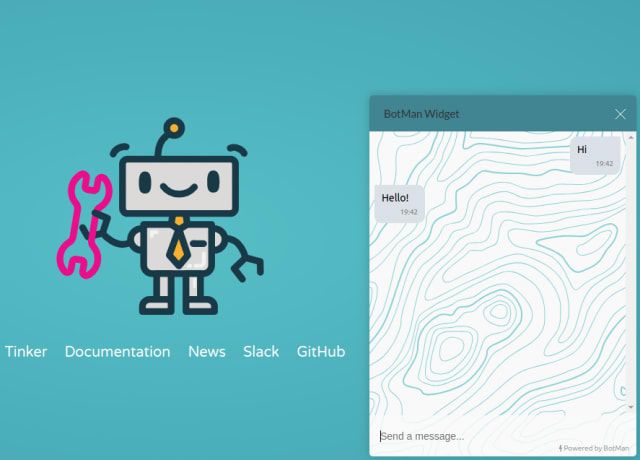
BotMan is a free PHP framework for chatbot Development. It is the most popular PHP chatbot in the world. BotMan was built for developers to simplify the task of developing innovative bots for multiple messaging platforms, including Slack, Telegram, Microsoft Bot Framework, Nexmo, HipChat, Facebook Messenger, and WeChat.
BotMan offers full documentation and is written in PHP, and works on Linux, Windows, macOS. BotMan is licensed under MIT License.
You can access BotMan source code from GitHub.
10- Bottender
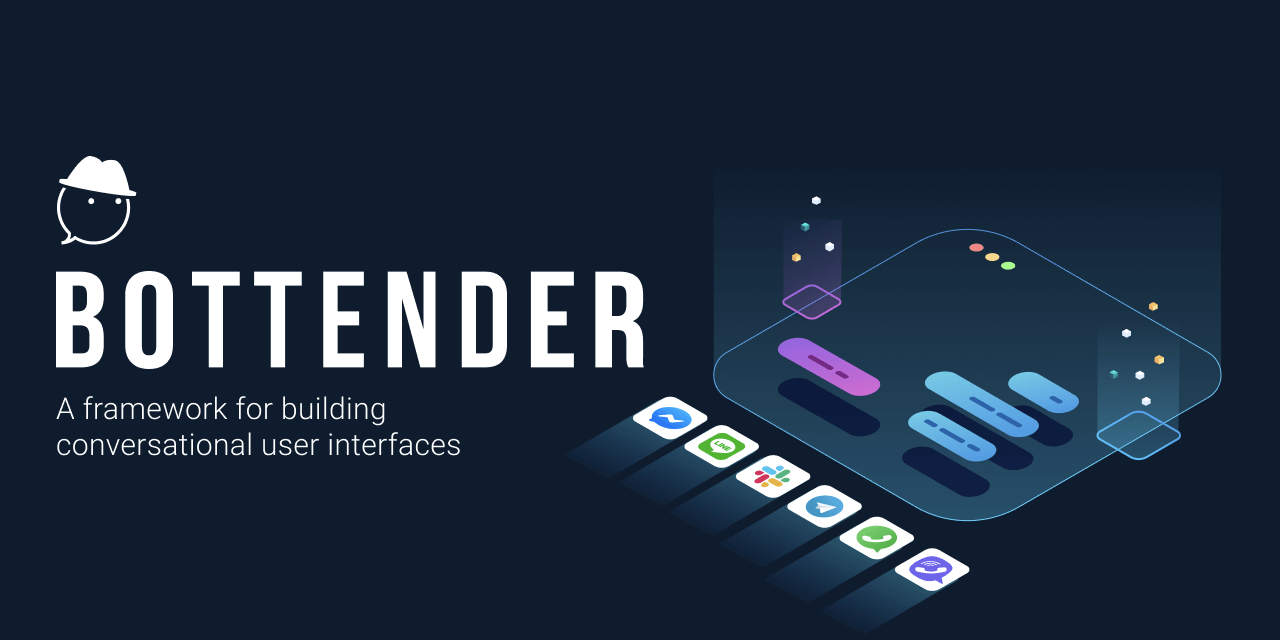
Bottender is a framework for building conversational user interfaces and is built on top of Messaging APIs.
Bottender features include it takes care of the complexity of conversational UIs, It is the best solution for conversational AI, it has design actions for each event and state, it lets you create apps on every channel and never compromise on your users’ experience.
This framework has an easy setup, it has been optimized for real-world use cases, automatic batching requests, and dozens of other compelling features such as Intuitive APIs.
Bottender is written in TypeScript, JavaScript, and works on Linux, Windows, macOS. Botpress is licensed under MIT License.
You can access Bottender source code from GitHub.
11- Xatkit

Xatkit is a low-code/no-code chatbot platform for developing all kinds of digital assistants. It is a building block for building chatbots. It is helps developers to build a custom-made bot able to work with any service.
Xatkit offers saving money by cutting your customer support costs, saving time of creating your bot, multi-platform support, and open source.
This software was mainly built for developers to build chatbots. It works on Linux, Windows, macOS. Xatkit is licensed under EPL-2.0 License.
You can access Xatkit source code from GitHub.
12- Golem
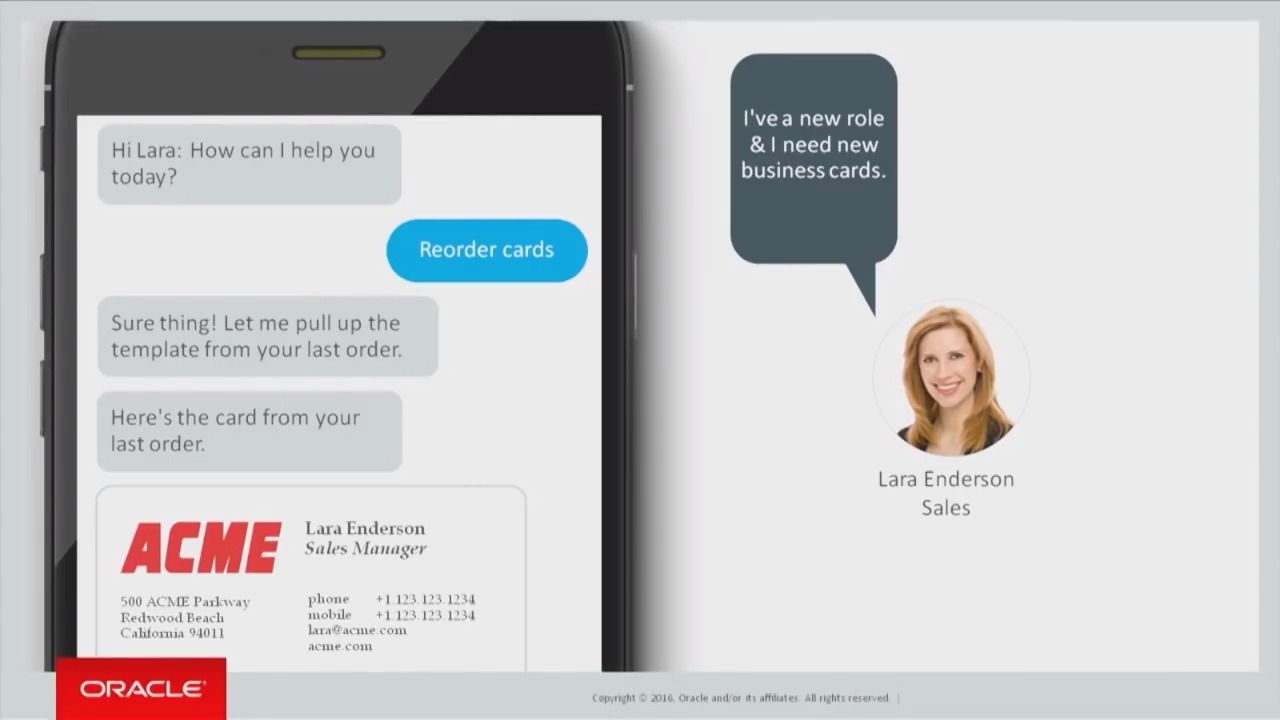
Golem is a python framework for building chatbots. It is built for python developers and it can extract entities from these messages, it has its own web GUI for easy testing, in the next release it also can Receive messages from Messenger and Telegram.
Golem is written in Python and works on Linux, Windows, and macOS. Golem is licensed under GPL-3.0 License.
You can access Golem source code from GitHub.
13- DeepPavlov
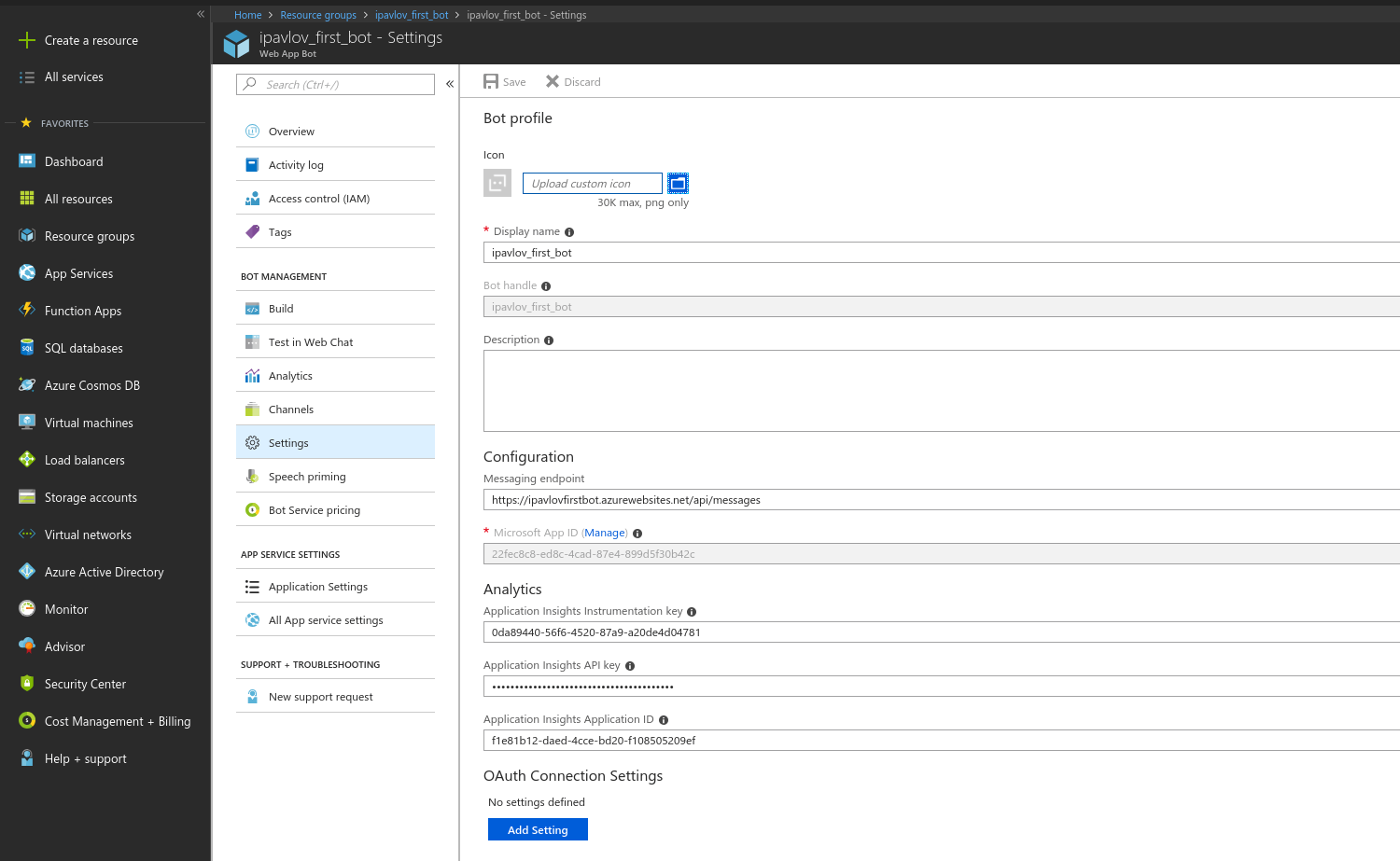
DeepPavlov is an open-source conversational AI framework for deep learning, end-to-end dialog systems, and chatbots. It is built for beginners and experts to create dialogue systems. It has flexible tools to help developers and NLP researchers to create production.
DeepPavlov used deep learning to solve classification, NER, Q&A, and other NLP tasks. DeepPavlov Agent allows building industrial solutions with multi-skill integration via API services, and it is easy to use. DeepPavlov models are now packed in easy-to-deploy containers hosted on Nvidia NGC and Docker Hub.
DeepPavlov is written in Python and is licensed under Apache 2.0 license.
You can access DeepPavlov source code from GitHub.
Conclusion
We have seen in this list many good open source chatbot frameworks that you may use in your organization. Which one of them to choose depends on what type of features or scenarios your business is going to need.
You can search about them online to find more information.
If you have any other recommendations for this list, or comments in general, we’d love to hear them below!


